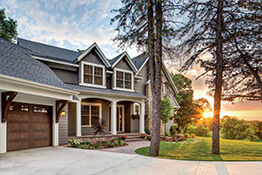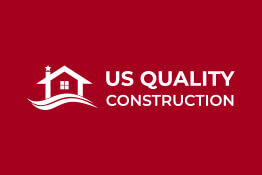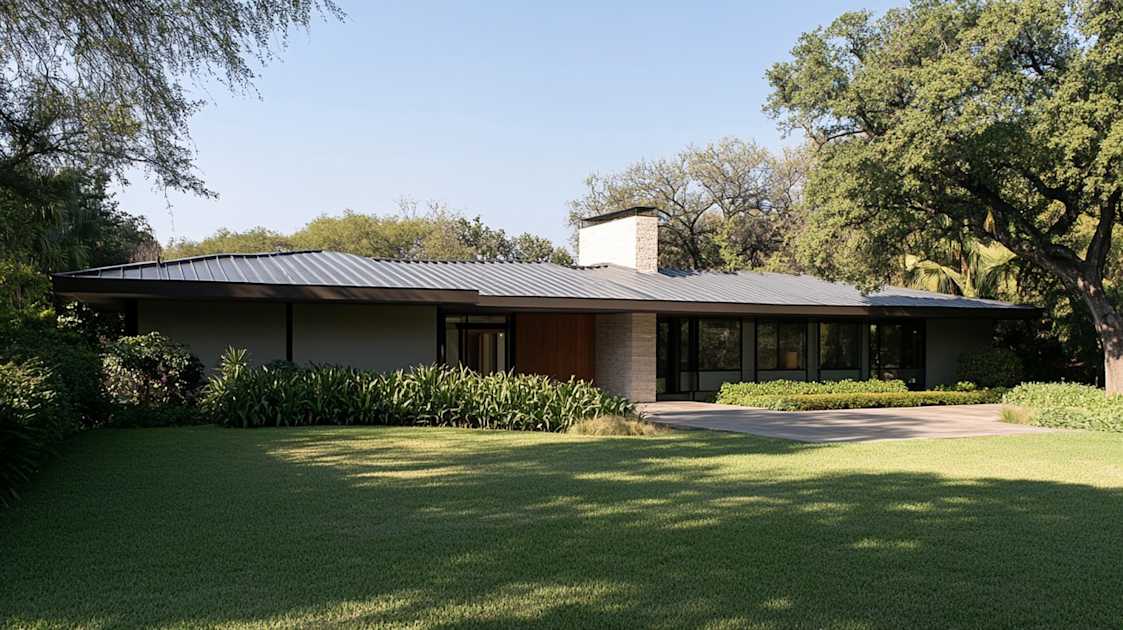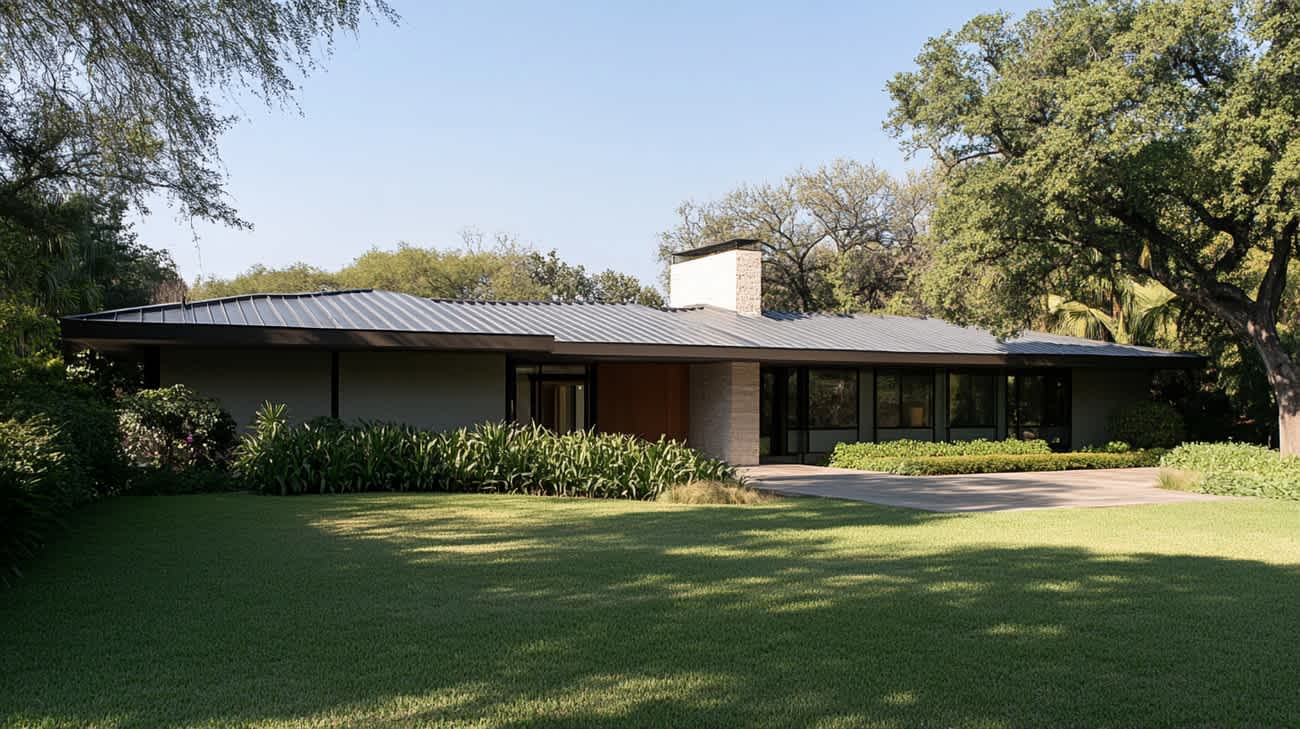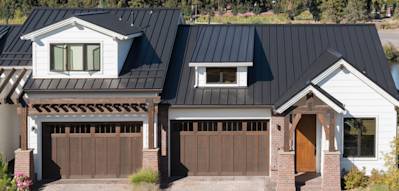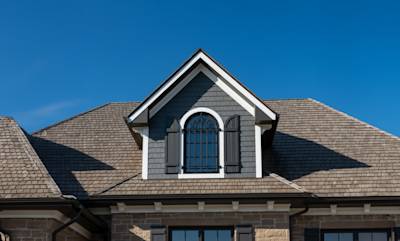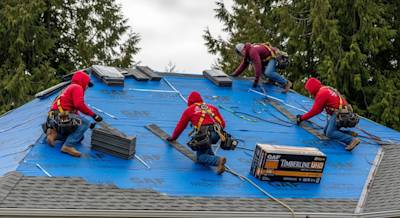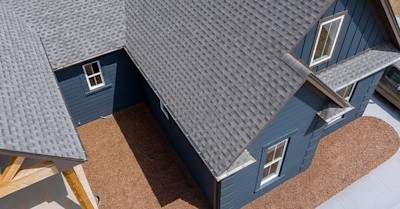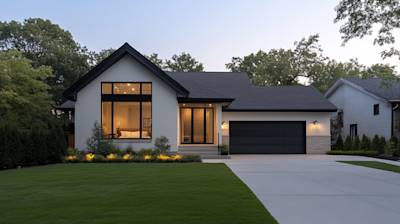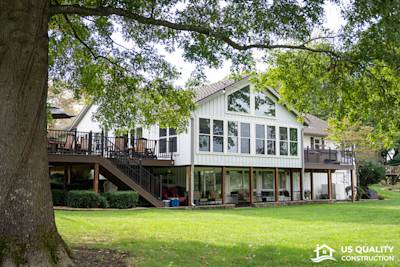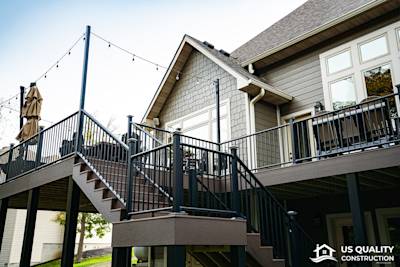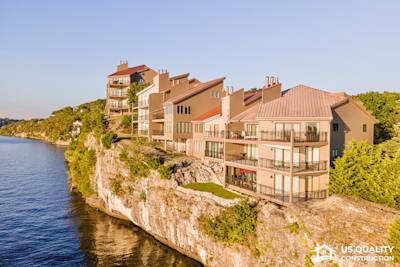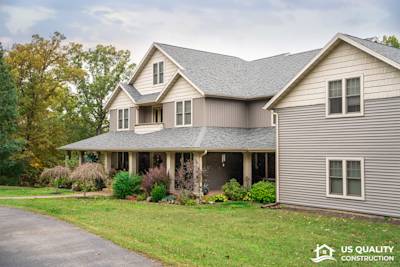When considering a roofing upgrade, homeowners often find themselves grappling with various factors, cost being a major determinant. One roofing option that has gained popularity in recent years is the metal roof. This comprehensive guide opens the curtain on metal roof cost, ensuring you possess the insights you need when negotiating this decision.
Investing in Metal Roofing: Factors Influencing the Price
There exist several elements that affect the cost of installing a metal roof. Here, we have compiled the most common factors:
Type of Metal: A significant factor constituting the cost, the type of metal used impacts the investment you need to make. While steel and aluminum are commonly used due to their affordability, metals like copper and zinc-focused alloys are on the pricier side.
Profile and Style: The complexity or simplicity of metal roof profiles and styles significantly affect the total cost. Given the range of design possibilities, from simple metal panels to shingles and tiles, homeowners can incur varying costs.
Size and Layout of the Roof: The larger the rooftop, the more materials needed, thereby increasing the cost. Additionally, the complexity of a roof's layout might warrant more labor and custom-fitted panels.
Labor and Installation: The labor costs, which include the installation costs, can fluctuate based on the intricacy of the project, the reputation of the contractor, and the geographical location.
Additional Features: Extra accessories, like skylights, chimneys, ventilation systems, and solar panels, add to the cost, requiring custom work to install.
The Diverse Range of Metal Roofing Materials
- Steel Roofs
Steel, one of the most inexpensive metal roofing choices, typically cost between $5 to $14 per square foot. This material, composed of iron and carbon, provides excellent strength and durability.
- Aluminum Roofs
Aluminum roofs are lightweight, rust-resistant, and suitable for coastal areas. Typically, the cost for an aluminum roof falls in the range of $9 to $11 per square foot.
- Copper Roofs
Luxurious and long-lasting, copper roofs provide an attractive verdigris patina over time. However, due to their premium nature, copper roofs can cost anywhere from $15 to $30 a square foot.
- Zinc Roofs
Zinc roofs are costlier but attractive and self-healing, providing fantastic longevity. They may cost between $10 to $15 per square foot.
Digging Deeper: Understanding Labor Costs
Labor costs account for a significant portion of the total cost when installing a new roof. On average, homeowners can expect to pay between $1.50 and $2.50 per square foot. This cost can fluctuate based on factors such as the complexity of the project, the contractor's experience, and the roof's layout.
Some Handy Tips to Minimize Metal Roofing Cost
Here are some savvy tips to help you keep your metal roofing costs in check:
Hire a reputable contractor: Choosing the right contractor can translate to substantial money savings. Ensure they have ample experience with metal roofing projects.
Plan during the off-season: Roofers usually offer discounts during non-peak seasons.
Recycle your old roof: Depending on the metal, you may have the option to recycle your old roof and offset some costs.
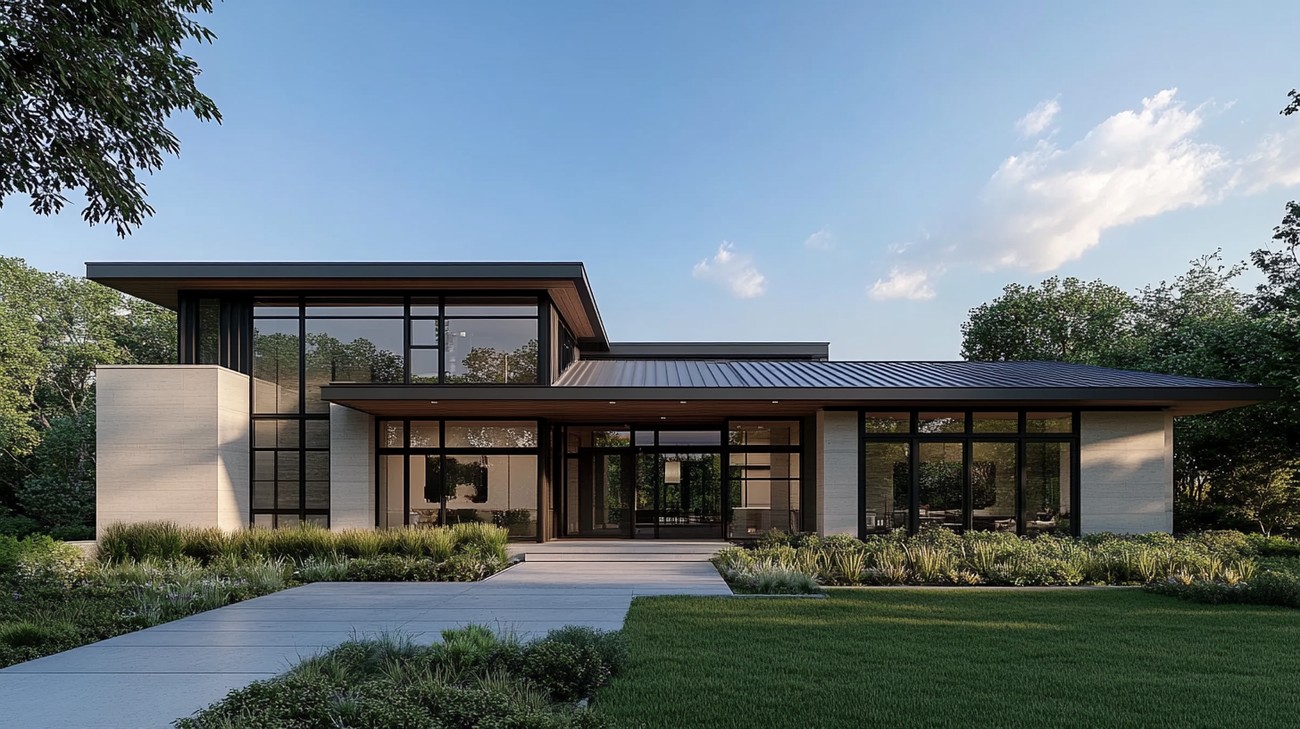
Frequently Asked Questions about Metal Roof Cost
Does the design of my roof affect the cost of a metal roof?
Yes, the complexity of the roof can impact the cost. For instance, a roof with more pitches, peaks, and valleys will require more labor and materials, therefore, increasing the total metal roof cost.
What types of metal can be used for roofing, and how does each impact the cost?
A variety of metals are used in metal roofing and each comes at a different cost. Steel and aluminum are the most popular due to their durability and affordability. Metals like copper and zinc are on the higher end of the spectrum. They are valued for their longevity and distinctive aesthetic but will significantly increase the overall metal roof cost.
Is the cost of a metal roof installation more than a regular roof installation?
Metal roof installation cost is usually higher than traditional roof installations. Although, the difference is offset in the long run by the durability and lower upkeep cost of metal roofs compared to shingle or tile roofs.
How does the size of the roof impact the cost?
Metal roofing is often priced per square foot. Thus, the larger the roof, the more expensive the cost of the metal roof due to the more material needed and more man-hours to install it.
How does the metal roof's finish affect its cost?
The type of finish on your metal roof can also impact the cost. High-end finishes, like PVDF systems, are often more costly than standard silicone-modified polyester paint systems or a plain mill-finished roof.
Can I get a cost estimate for a metal roof?
Yes, many metal roofing companies or contractors provide free estimates based on your roofing needs. These estimates typically consider the size, shape, pitch and the type of metal you choose for your roof.
Does my geographic location affect the cost of a metal roof?
Prices for materials and labor vary by region, so your geographical location can greatly affect the cost of your metal roof. Reach out to the local professionals to get an accurate estimate.
What are typical maintenance costs of a metal roof?
Metal roofs are known for their longevity and low-maintenance demands. Depending on the metal used, periodic inspection and maintenance costs can be as low as $150 per year.
How can I make a metal roof cost-effective?
Selecting a long-lasting metal, such as steel or aluminum, can be cost-effective in terms of longevity and durability. Also, consider energy savings from the reflective properties of a metal roof.
Does the pitch of my roof affect the cost of a metal roof?
Yes, the pitch of the roof could affect the cost. A steeper pitch could require additional safety precautions during installation, which may increase labor and thus total cost.
Is there a cost difference between new metal roof installation and replacement?
Replacement can sometimes cost more than new installations, as the old materials need to be removed and disposed of. However, the exact cost difference can vary by contractor and the specific materials being replaced.
Are there any hidden costs in metal roof installation that I should be aware of?
There could be some additional costs depending on the condition of your existing roof. If underlying damage or rot is found during the installation, repairing this before installing your new metal roof will increase the overall cost. It is important to have a thorough inspection before starting the project to avoid unexpected expenses.

Pros of Metal Roof Cost
There are numerous advantages to the cost of a metal roof, despite the higher initial price point compared to traditional roofing materials.
Longevity
A One-Time Investment
One of the most significant pros of metal roofing is its longevity. A well-installed metal roof can last anywhere between 40 to 70 years, making the higher initial costs a one-time expense for many homeowners. Compare this to conventional asphalt roofing materials, which typically need to be replaced every 15 to 20 years. Over the long-term, the cost of a metal roof is potentially less than the repeated replacement costs associated with traditional roofing.
Durability
Resistant to Environmental Damage
Metal roofs are highly durable and resistant to environmental and weather-related damage, providing significant cost savings in maintenance and repairs. They can withstand high winds, are resistant to fire, and can effectively manage heavy snow loads by promoting snowmelt. This resilience means fewer repairs or replacements due to damage, leading to lower costs over time.
Infrequent Maintenance
Unlike other types of roofing, metal roofs require minimal maintenance, which can also save homeowners money in the long run. Regular cleaning and occasional repainting are the only necessary tasks for most metal roofs.
Energy Efficiency
Reduced Energy Costs
Metal roofs reflect solar radiant heat, which can reduce cooling costs by 10-25%. This direct saving on energy bills can easily offset the cost of the installation in time.
Resale Value
Home Value Increase
Homes with metal roofs often have higher resale values due to their durability, energy efficiency, and attractive aesthetic. This increased value can help recoup the installation cost if the home is eventually sold.
Cons of Metal Roof Cost
While there are significant long-term benefits, there are also downsides to the cost of metal roofing that should be considered.
High Initial Cost
Steep Upfront Cost
The initial cost of a metal roof can be a significant con. Depending on the specific material and the size of the roof, the initial cost of metal roofing can be two to three times more than other options like asphalt shingles. This can make metal roofs prohibitively expensive for some budgets.
Cost of Installation
Need for Skilled Labor
Metal roofs require specialized installation by proficient contractors, which can add to the cost. Incorrectly installed metal roofs can lead to issues like leaking and decreased longevity, negating the potential benefits and adding to repair costs.
Possible Additional Costs
Noise Concerns
Metal roofs can be noisy during heavy rain or hail, which may necessitate the additional expense of adding insulation for soundproofing.
Denting and Scratching
Although metal roofs are generally durable, they can be susceptible to denting from large hail or fallen debris. Replacing or repairing dented panels can add to the overall cost.
Cost of Customization
Metal roofs can come in various styles and colors, but customizing the roof's appearance can also increase the cost of materials and installation.
Unanticipated Structural Upgrades
In some cases, a building's existing structure may not be able to support the weight of a new metal roof. These circumstances could require costly structural upgrades before installation is possible.

Misconceptions about Metal Roof Cost
When it comes to the cost of metal roofs, several misconceptions abound that often discourage homeowners from considering this roofing option. Overcoming these misconceptions can provide a clearer understanding of the true value of metal roofing, and potentially save homeowners significant amounts of money in the long run.
Myth: Metal Roofing is the Most Expensive Option
A common myth that prevails is that metal roofs are the most expensive roofing option on the market. While it's true that the initial cost of a metal roof can be higher than other materials like asphalt shingles, these costs can be misleading.
Long-term Costs versus Immediate Costs
The key aspect to understand is the difference between upfront costs and long-term costs. While the immediate price tag for a metal roof may indeed be higher, this doesn't take into account the savings gained over the roof's lifespan.
Metal roofs last significantly longer than many other types of material, typically up to 50 years or even more. This compares to asphalt shingles, which may need replacing every 15-20 years. Over the life of your home, you may end up installing several asphalt roofs, equaling or surpassing the cost of a single metal roof.
Savings on Energy Bills
Further, metal roofs often provide superior insulation and reduce cooling costs by reflecting sunlight. This means that over time, a metal roof could potentially pay for itself in money saved on energy bills.
Myth: Metal Roofs are Prone to Rust
Another common misconception is that metal roofs are prone to rust. This myth likely originates from the image of old, poorly-maintained metal roofs with visible rust.
Modern Metal Roofing Materials
However, most modern metal roofs are made with rust-resistant materials such as aluminum or steel coated with zinc or a zinc-aluminum alloy. Some are even coated with specialized paints that can further resist rust. In short, metal roofing has come a long way and rust is rarely a problem with proper maintenance and care.
Myth: Metal Roofs are Heavier than Other Materials
The idea that metal roofs are much heavier than their counterparts is another widespread myth, but it's not usually true. The weight of a roofing material is an important factor because it impacts the structural aspects of the home.
Lightweight Roofing Options
Many metal roofing materials are surprisingly lightweight, often lighter than tile or asphalt shingle roofs. For example, aluminum, one of the most common types of metal roofing, is extremely light. This can save costs on structural reinforcements that might be necessary with heavier roofing materials.
Myth: Metal Roofs Attract Lightning
This is a myth that needs to be put to rest. While metal does conduct electricity, a metal roof does not increase the likelihood of your house being struck by lightning. In fact, in times of a lightning storm, a metal roof can actually be safer.
Safety Features of Metal Roofs
If a metal roof were to be struck, the energy from the lightning strike would be displaced throughout the structure of the roof, reducing the damage. In addition, metal roofs are non-combustible, meaning they are far less likely to catch fire.
Myth: Metal Roofs are Very Noisy When it Rains
It's commonly thought that metal roofs will cause a racket during a rainstorm. The basis of this myth often comes from the experience of being in a barn or shed with an exposed metal roof during a rainstorm.
Noise-Control Features of Metal Roofs
In reality, when metal roofs are installed on residences, they are typically fitted over a solid plywood deck and are often further insulated. This, along with modern insulation techniques, normally makes them no louder than other roofing materials.
As with any home improvement decision, it's essential to sort myth from fact. Understanding the real costs and benefits of metal roofing can help you make an informed, cost-effective choice for your home.
Summary
When it comes to installing a new roof, the metal roof cost can add up quickly, particularly if you're after a high-quality material. Yet, it's also worth considering the long-term benefits. Metal roofs last significantly longer than traditional roofs and require less maintenance, which can save substantial costs down the line.
There's no way around it - the cost of a metal roof does carry a high upfront price tag. However, they are durable, energy-efficient, and stylish. It's these qualities that justify the additional expenditure. Besides, you're investing in future savings on energy bills and preventive maintenance.
Lastly, remember, the metal roof cost shouldn't be the only aspect to consider while making a purchase decision. With factors like longevity and high resistance to weather conditions, a metal roof can provide real value for money. It's beneficial to weigh the cost against these advantages to make an informed decision about whether it's the right roof choice for you.
About US Quality Construction
US Quality Construction is a premier construction and remodeling company situated right in the heart of Kansas City, MO. We are pretty well-known in the local community for our commitment to delivering top-tier results and exceptional customer service. With a team of skilled professionals with years of experience in diverse construction projects, we are capable of turning dreams into reality, whether it's residential or commercial construction services. Having us on your squad means not having to worry about the details. We take pride in our ability to complete projects right on schedule without compromising on quality or safety. So, when you're thinking of your next project, think US Quality Construction - Your trusted neighborhood construction partner.
Tags: metal roofing, roof installation, cost estimation,
